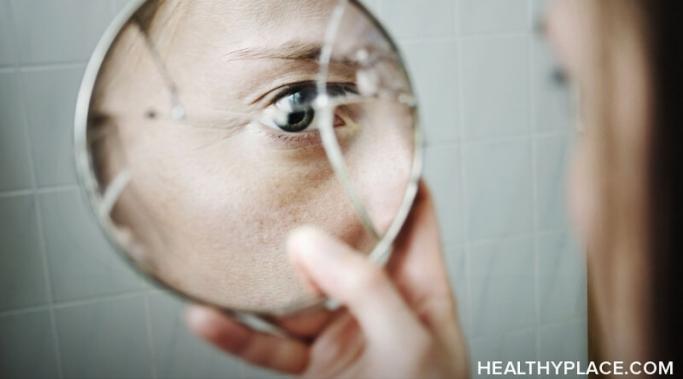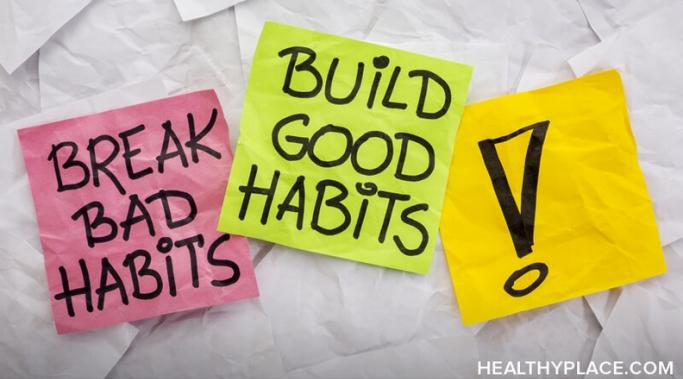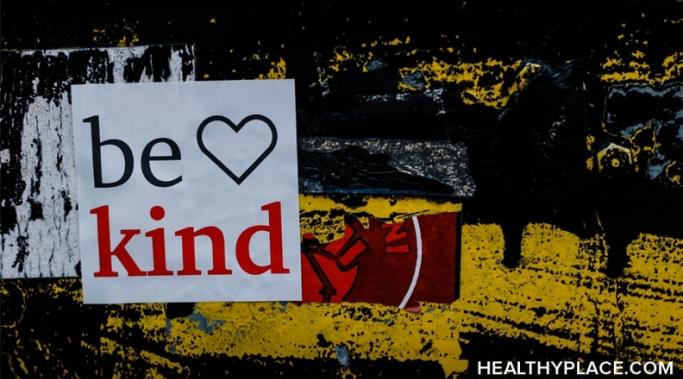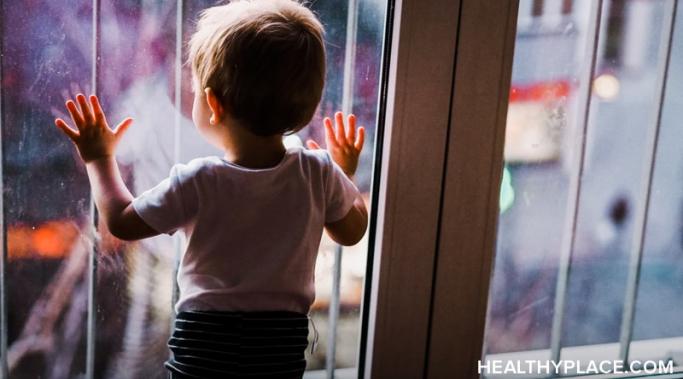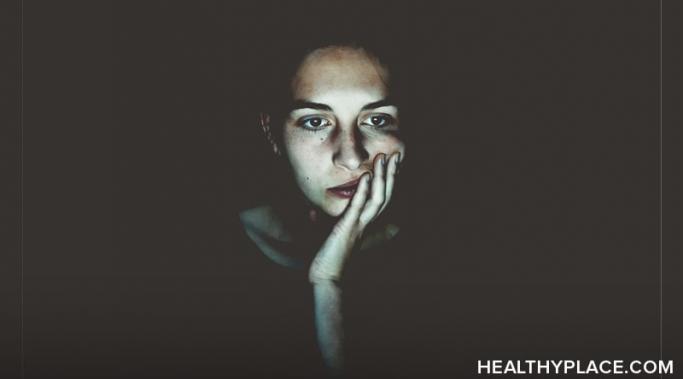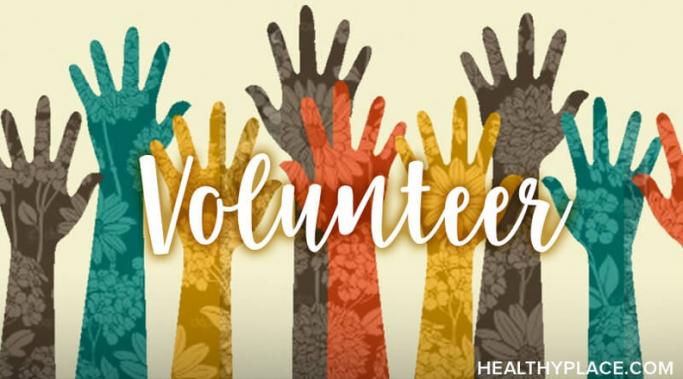As a lesbian who lives life outside of the closet, I have experienced my fair share of shame regarding my sexual orientation and gender expression. The LGBTQIA+ mental health community does not only experience shame based upon their sexual orientation, gender identity, and gender expression. These individuals also have to navigate shame feelings stemming from trauma experienced in their pasts.
Post Traumatic Stress - The life: LGBT
I identify as a lesbian in the lesbian, gay, bisexual, transgender, queer, intersex, asexual, etc. (LGBTQIA+) community as a whole. My gender expression follows a more masculine route regarding clothing and hairstyle. Gender expression for many of us in the LGBTQIA+ community can lead to judgment by a society which is used to gendering things such as clothing or hairstyle. These judgments and biases can lead to fear and anxiety for those of us in the LGBTQIA+ mental health community. My anxiety was heightened for years regarding my treatment from others who may not agree or understand my gender expression.
Sleeping with purpose has worked wonders regarding my nightmares associated with posttraumatic stress disorder (PTSD). I struggled for years to obtain restful sleep due to nightmares and flashbacks related to my PTSD. I learned that being present before sleep at night allowed my mind to rest emptily and instead of it being full of thoughts. Here are some ways that helped me, and hopefully will help you, in being active and present in my sleep or sleeping with purpose.
I need grounding techniques because I carry a diagnosis of posttraumatic stress disorder (PTSD). This diagnosis has many symptoms that I have struggled to gain control of over the years, the most prevalent being my severe anxiety.
Talking is something that has never failed to help me positively navigate my depression. Empathetic conversations with friends are soothing to me in moments of intense sadness related to my depression. Not all conversations with a trusted individual go as planned though.
Trauma is a difficult subject to discuss for some, especially when there is no "safe space" in which to have the conversation. I struggled with opening up about my traumatic past due to a lack of safe space to share these memories. In our lesbian, gay, bisexual, transgender, queer, intersex, asexual, etc. (LGBTQIA+) community, it can be difficult to find someone who can hold a safe space for us without judgment. This leads to many individuals settling for a therapist or counselor who truly isn't meeting their needs.
Coping with posttraumatic stress disorder (PTSD) is a must-have skillset for many in the lesbian, gay, bisexual, transgender, queer, intersex, asexual, etc. (LGBTQIA+) community because PTSD is more prevalent than we think. The possible trauma endured by these LGBTQIA+ survivors is hate crimes, intimate partner violence and sexual assault. Symptoms of PTSD can include flashbacks of the trauma(s) and a fair bit of anxiety when in triggering situations. This is how my PTSD manifests in my own life.
How to help your child cope with autistic meltdowns is a question for many parents. Recently, on a message board for autistic adults and allies, a parent asked for some advice on helping her child with his autistic meltdowns. While these sorts of groups and message boards weren’t around when I was young, I sure wish my mom had done this sort of thing when I was a kid.
I'm not alone in using video games like "Animal Crossing" to cope with my mental illness. Ever since the shelter-at-home orders back in February, gamers have been purchasing the Nintendo Switch faster than they can be physically made. Video games became a form of escapism, and what was once a pastime became a coping mechanism for those stuck at home. While I’ve been trapped in my apartment in this pandemic, no Nintendo Switch game has been more useful for exploring and coping with my mental illness than "Animal Crossing."
The murder of George Floyd sparked an unprecedented civil rights movement and has changed our country dramatically. The face of the Internet has been completely reshaped, and discourse about racism is at the forefront of all of our conversations. Sometimes, especially for the mentally ill, the amount of information whizzing by is overwhelming.
